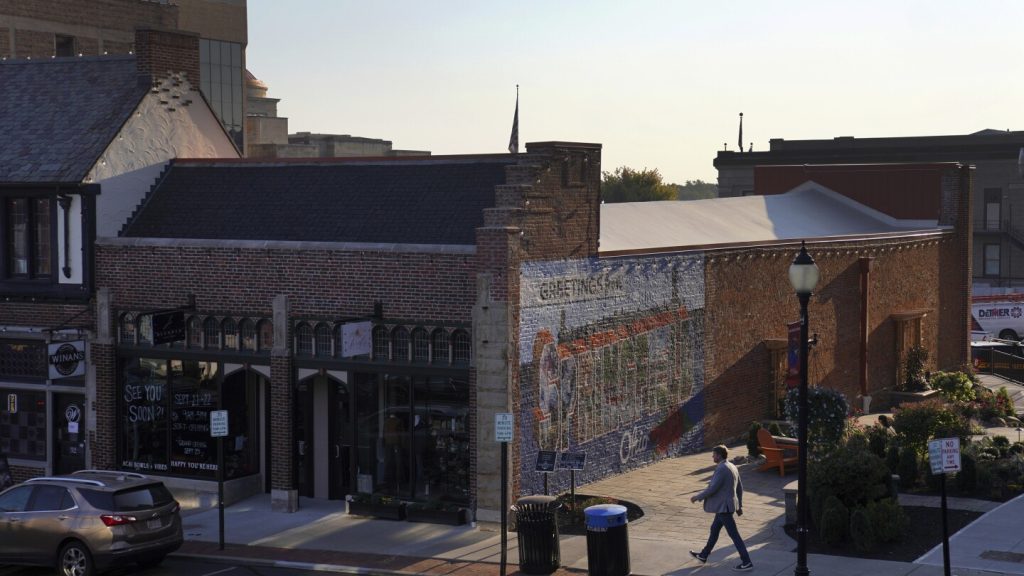In recent years, the U.S. immigration system has been a topic of heated debate among politicians from both parties. Attempts at comprehensive reform have failed, leading to increased emotions and partisan rancor, especially as cities and towns struggle to accommodate migrants. The spotlight has now shifted to Springfield, Ohio, where a large population of Haitian migrants resides legally under Temporary Protected Status. Republican presidential candidate Donald Trump and running mate Ohio Sen. JD Vance have spread disproven rumors about these migrants, inciting fearmongering over immigration, which has a long history in the country.
Immigrants in the U.S. come through various methods and programs, with many arriving legally and contributing to the workforce and cultural fabric of cities. The Haitian population in Springfield, for example, has helped fill labor shortages and revitalized neighborhoods. Mayor David Holt of Oklahoma City highlighted the positive impact of immigrants, stating that their presence is essential to the city’s identity. Immigrants bring diversity, cultural richness, and economic opportunities to their communities, creating a vibrant and dynamic environment.
While immigration has its benefits, it also presents challenges for cities like Springfield. The influx of Haitian migrants has strained resources, leading to delays in accessing healthcare, social services, and government assistance. Traffic accidents and housing shortages have also increased, putting pressure on the city’s infrastructure. Ohio Governor Mike DeWine acknowledged the challenges faced by the city but emphasized the contributions of Haitian migrants to the local economy. Efforts are being made to address these issues, including increased funding for healthcare demands and support services.
Despite the positive impact of immigration, fears and misinformation continue to prevail, perpetuated by political leaders like Trump and Vance. Claims of increased crime rates and unfounded rumors about Haitian migrants eating household pets have sparked unease and division within communities. These sentiments are not new in American history, as past immigrant groups, such as Chinese laborers in the 19th century, also faced discrimination and demonization. The U.S. has a long history of passing immigration laws based on ethnicity and nationality, reflecting societal fears and biases.
As the 2024 election approaches, the debate around immigration is likely to intensify, with politicians using rhetoric that stokes fear and division. It is crucial for communities to come together, support immigrants, and address the challenges of integration in a constructive and compassionate manner. Immigration is a complex issue that requires thoughtful consideration and inclusive policies to ensure the well-being of both newcomers and long-term residents. By understanding the benefits and challenges of immigration, cities like Springfield can navigate the complexities of demographic change and cultural diversity in a positive and inclusive way.


